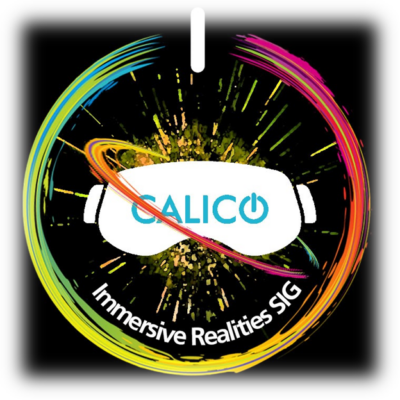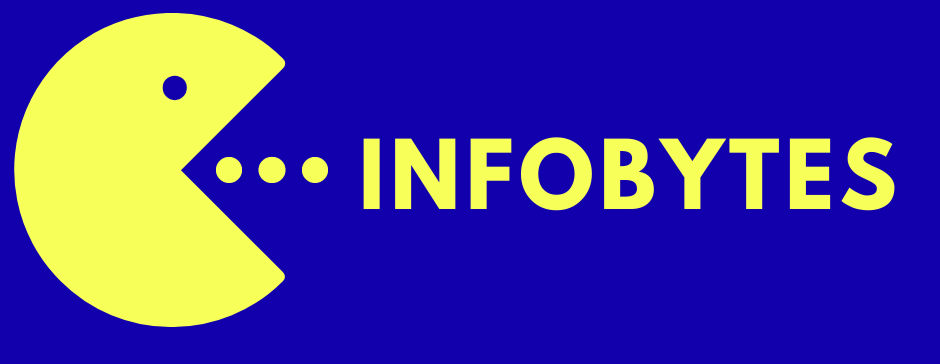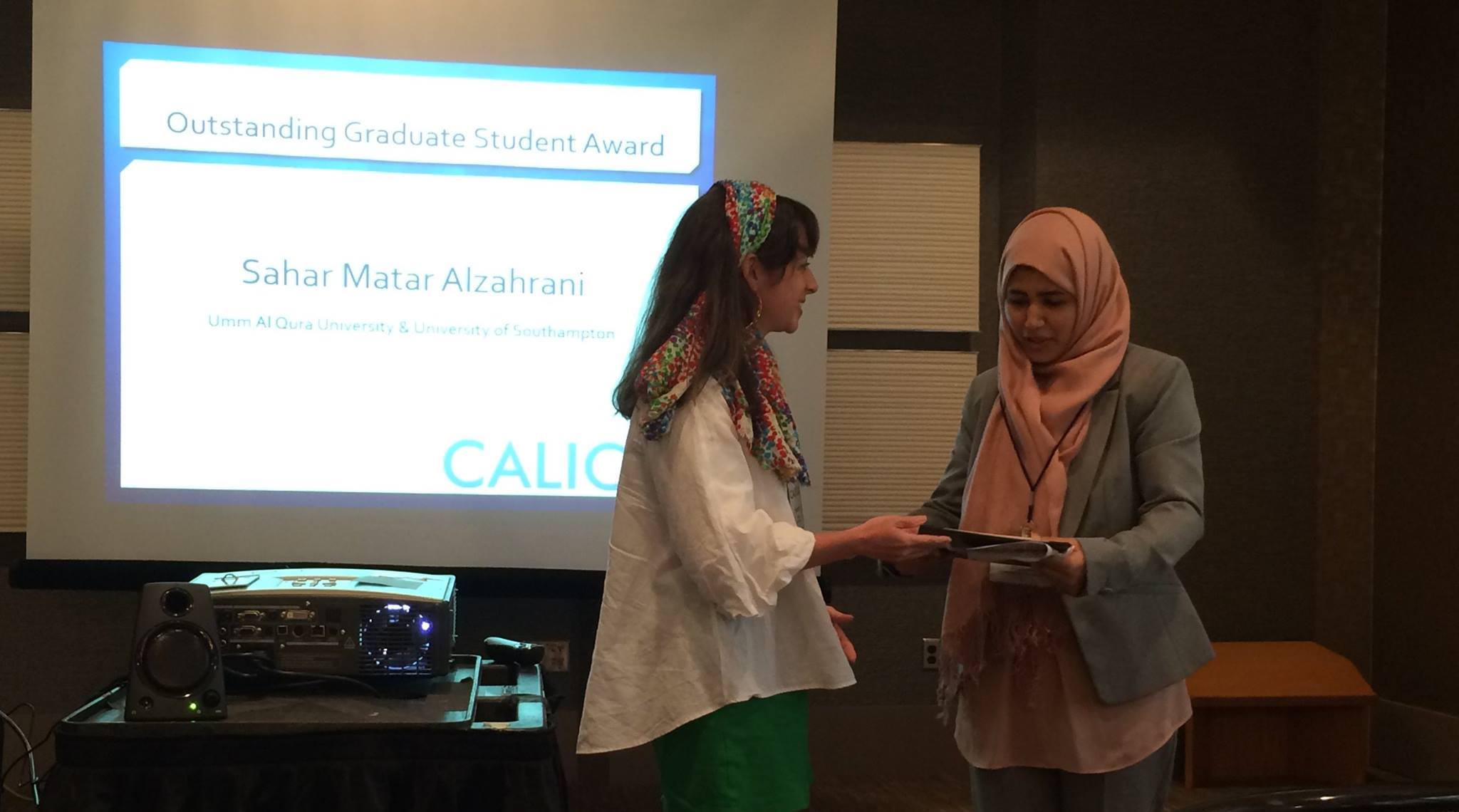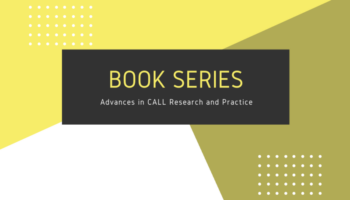
Call for Chapter Proposals, Book Series
CALICO Book Series: Advances in CALL Research and Practice (https://calico.org/book-series/)
CALL FOR CHAPTER PROPOSALS
2022 CALICO Book Title: IDENTITY, MULTILINGUALISM, AND CALL Chapter Proposals due – August 1, 2020
Guest Editor: Liudmila Klimanova, Ph.D.
Interest in digital multilingual identity in the fields of applied linguistics and language education has been growing exponentially in recent years, encompassing new variables and realities of life, such as translanguaging, heightened multilingualism, linguistic superdiversity, multimodal computer-mediated communication, and even social justice and forensics (e.g., Chiang & Grant, 2018; Grant & Macleod, 2016). New theoretical assumptions and recent global challenges urge us to problematize the construct of virtual identity (Kramsch, 2009) in the face of globalization, increased virtual connectedness, and the hybridizing of transcultural and translingual practices and intersecting physical movements of people (Canagarajah, 2013; De Costa & Norton, 2016; Higgins, 2011). Singling out identity research within the field of computer- assisted language learning (CALL) is particularly critical in the era of hyperlingualism, a form of multilingualism characterized by the increased participatory nature of digital communication and the provision of multiple languages in digital contexts, leading to “a kind of hyper-differentiation in relation to language, whereby more and more languages are achieving their own bounded spaces and places of use on the web and in other digital contexts” (Kelly-Homes, 2019, p. 31).
This volume will contribute to this new body of interdisciplinary research, featuring theoretical papers and research studies of identity performance and multilingual communication in institutional and cross-cultural computer-mediated social environments. Of particular significance to the field of multilingual CALL are critical issues associated with informal language learning, and learner identification ‘in the wilds” – digital contexts or virtual communities that are not governed by a formally recognized educational provider (Sauro & Zourou, 2019).
The editors invite chapter proposals on a range of topics and empirical contributions that address these and related lines of inquiry connected to critical pedagogies, intercultural education, monolingual hegemonies in virtual spaces and social networks, learner and teacher identities, multimodal and multilingual identity performances and linguistic inequality in digital social spaces. In particular, we seek original
submissions that present diverse theoretically grounded and methodologically rigorous empirical studies in CALL, focusing on the study of multilingual identity and self-concept in virtual interaction. Studies may include, but are not limited, to the following:
-
New theoretical approaches to the study of hyperlingualism (as a new form of multilingualism) and identity in CALL contexts;
-
Conceptual chapters that address new methodological approaches for researching digital identity and multilingualism in CALL;
-
Empirical research on the intersection of multilingualism\hyperlingualism\ideolingualism and identity performance in digital environments;
-
Classroom-based research studies of teacher and learner positioning and identity enactment in instructional digitally-mediated language learning contexts;
-
Impact of multilingualism on intercultural education.
Submission Guidelines:
Potential authors should provide a chapter proposal and a brief bio. The proposal should be detailed enough to provide a clear idea of the content of the full chapter. Full chapter submissions of 6,000 – 8,500 words will be due on January 15, 2021. For questions, contact 2022 CALICO Book Guest Editor, Liudmila Klimanova (klimanova@arizona.edu).
What to include in the chapter proposal:
- Tentative chapter title
- 75-100 word biographical statement for each author (job title, department, university name, university location plus any research interests or recent publications)
- 350-500 word abstract:
-
- overview of the key idea, issue or research question
- relationship of the key idea or issue to the thesis of the book theme
- potential implications and audience
Send your chapter proposal as a MS Word document via email by August 1, 2020 to calico2022volume@gmail.com. Please note that abstract acceptance does not guarantee publication of the submitted manuscript. All manuscripts will be subject to a double-blind peer review process.
Production Timeline:
- August 1, 2020 – chapter proposals/expression of interest due
- August 15, 2020 – notifications to authors
- January 15, 2021 – full chapters due (6,000 – 8,500 words)
- March 15, 2021 – double blind peer reviews sent to authors
- June 15, 2021 – revised chapters due
- July 1, 2021 – full volume sent to Publisher
- Spring 2022 – anticipated publication
References
Canagarajah, A. S. (2013). Translingual practice: global Englishes and cosmopolitan relations. Routledge.
Chiang, E. & Grant, T. (2018). Deceptive identity performance: Offender moves and multiple identities in online child abuse conversations. Applied Linguistics, 1-25.
Grant, T., & Macleod, N. (2016). Assuming identities online: Experimental linguistics applied to the policing of online pedophile activity. Applied Linguistics, 37(1), 50-70.
De Costa, P., & Norton, B. (2016). Identity in language learning and teaching. Research agendas for the future. In S. Preece. (Ed.), The Routledge Handbook of Language and Identity. Routledge.
Domingo, M. (2016). Language and identity research in online environments. A multimodal ethnographic perspective. In S. Preece (Ed.), The Routledge Handbook of Language and Identity. Routledge
Higgins, C. (2011). Identity formation in globalized contexts: language learning in the new millennium. Mouton de Gruyter.
Kelly-Holmes, H. (2019). Multilingualism and technology: A review of developments in digital communication from monolingualism to idiolingualism. Annual Review of Applied Linguistics, 39, 24-39.
Kramsch, C. (2009). The multilingual subject: What foreign language learners say about their experience and why it matters. Oxford University Press.
Sauro, S., & Zourou, K. (2019). What are the digital wilds? Language Learning & Technology, 23(1), 1–7.

